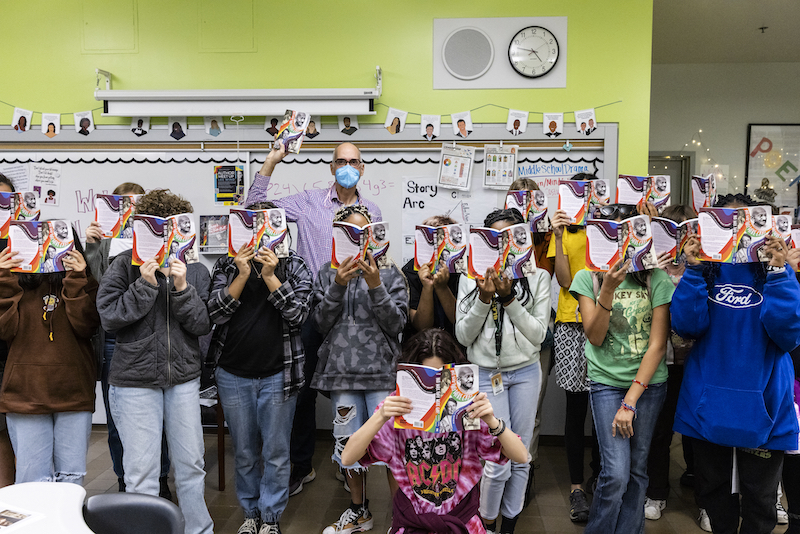
I recently fell down the rabbit hole of searching for my book title, “No Way, They Were Gay?” along with the word “ban.” I don’t generally interview the universe for pain, but my nonfiction book for readers age 11 and up was mentioned in the August 2022 BookRiot article that listed 300 books that had been pulled from a Tennessee school district, and then ranked on how Queer their content was.
So for the first time since my book’s publication over a year and a half ago, last month I did that search and suddenly found out that there have been at least three instances where No Way, They Were Gay? was challenged, or banned, or included on a website’s list of books that were “obscene in nature.” It brought up a lot of emotions, which hit me in stages. I thought it might be helpful (for myself and others) to share:
Stage 1:
Relieved: Thank you!
For gosh sakes, there have been lists of over 800 books put out by conservative politicians and no one’s included mine! I felt kind of invisible, like the book I’d poured so much loving care into didn’t matter – even though I know the impact for the good it would have had on me if I’d gotten to read it when I was a kid. So finally, it was like my book was on the radar. Maybe not on the radar of the people it was awesome to be on the radar of, but at least my book was no longer ignored.
Stage 2:
Isolated: Shouldn’t someone have told me?
You kind of imagine there’s some sort of club, and that the moment your book gets banned, you get a membership card in the mail, saying “welcome, we know how shitty this is, and we’re here to help you get through it.” But that didn’t happen. Everyone’s so busy, and there’s so much book banning and challenging to fight. So, even though this is happening to many, many authors, having it happen to me felt kind of isolating. Maybe it’s part of not being in the top ten most banned lists – the rest of us aren’t seeing huge sales bumps, or press coverage. In fact, with the chilling effect these grandstanding bans have, it’s actually hurting sales of books like mine to libraries and schools. Because teachers and librarians now have to consider – is bringing in a book about Queer history worth the personal risk to their careers? Rather than just being able to bring in a book they know will help their students. (These days, 1 in 5 young people are identifying as part of the LGBTQIA2+ community. And while we’re on this subject, knowing Queer people have a history isn’t just helpful to Queer people. Just like knowing women had a role in history is pretty important for those of us who aren’t women to know.)
Stage 3:
Concerned: Is there something wrong with my book?
And then there’s the moment where you question yourself. Is there something dangerous for kids in what I wrote? It was very brief, but there was a moment of worry I experienced. Could my book hurt someone? And as quickly as this emotion rose up, I tossed it away. The whole point of my book is to help, to empower young people to be their authentic selves. It’s not dangerous for kids, it’s dangerous for the world-view of the banners.
Stage 4:
Indignant: What’s obscene is the effort to hide the truth of Queer people’s lives and loves.
A dear friend who has since passed away, Claudia Harrington authored a series of books about kids in kindergarten with different kinds of families. Seeing her My Two Dads and My Two Moms books listed on another banned list along with my book just pissed me off. There’s nothing “obscene” about her very age-appropriate straightforward stories featuring young children with families where the parents are like me – Queer. Those books aren’t about sex, they’re about love being what holds a family together. And similarly, there’s nothing obscene about my using primary sources to explore the lives and loves of 24 notable people in history. The fact that people like Abraham Lincoln may have been in love with another guy isn’t obscene. It’s mind-blowing, yes, but what’s obscene are the ongoing efforts to hide the true stories of men who loved men, women who loved women, people who loved without regard to gender, and people who lived outside gender boundaries.
Stage 5:
Determined: I will not be silenced.
Finding out my book’s been called out in this way – in Texas, in Tennessee, and online, makes me more determined than ever to get it out into the hands of young people for whom it can be truly life-changing. Knowing that Mohandas Gandhi was in love with the German-Jewish Hermann Kallenbach – that the love of his life was another man – may be more than a footnote. It may be an important part of why Gandhi was able to see that, “Let people’s religions be different…. You worship facing one way and I worship facing the other. Why should I become your enemy for that reason? We all belong to the human race…” And Eleanor Roosevelt’s decades-long love affair with Lorena Hickok – another woman – might have been an important part of Eleanor’s determination to lead the passage of the Universal Declaration of Human Rights at the United Nations. And knowing that Hatshepshut ruled over ancient Egypt for 22 years (from 1479-1458 BCE) while transitioning from a female, to an in-between gender, to a male public presentation is incredible. We Queer people have shaped history, and knowing that is important, and empowering.
I want to add a little context: My book came out in April 2021 from Zest Books (an imprint of Lerner) and was a Junior Library Guild Gold Standard selection, got enthusiastic trade reviews, and won a few lovely awards, including being one of the Children’s Book Committee at Bank Street College Best Children’s Books of the Year, The Chicago Public Library’s Best of the Best Books, and it won the International Literacy Association’s best Young Adult nonfiction award.
The three instances I discovered online weren’t the first time “No Way, They Were Gay?” faced opposition – the nonfiction project had originally been sold to an imprint of Simon & Schuster, and I worked with their team for over a year as we prepped for its intended 2017 publication… But then, two weeks after the November 2016 election of former US President Trump, I was informed that they were cancelling publication. (The idea of publishing a book that laid out the evidence that, among other historical surprises, Abraham Lincoln was in love with another man was suddenly terrifying to them.) It was devastating, and cowardly, but eventually the project found the right publishing home with the brave team at Lerner.
Fast forward to the last year and a half of books for kids and teens being challenged and banned in schools, public libraries, and even in one notable case a bookstore, pretty much just for having characters who are Black or Queer. It’s a politicization of empathy – because in a lot of ways, access to knowing about Black or Queer people existing is a train that has left the station. The people banning books can’t pull that information back – most of the kids in their school districts have the internet on their smart phones after all.
Books, though, stay with you – they give you access inside the mind and heart of a character who on the outside may seem so different, and then your shared humanity resonates, and changes how you see the world. Books are empathy machines, and books that include Queer stories threaten the demonization of my community. If we Queer people are seen as human, too, that could disrupt the politics of scapegoating with its long and sad history of success.
Laurie Halse Anderson, whose groundbreaking YA Speak was in the top ten of the ALA’s banned books list for years, very wisely summed it up: “Censorship is most often a reflection of the fears of the censors, their fears that they are not up to the task of having conversations about these hard things.”
And yet, that’s precisely why books are so powerful. They let us experience hard things in the safest way possible. They let us see reflections of ourselves, and others. They let us know we’re not alone. And that fuels me in my passion – to write the books that, had I read them as a young gay kid, would have changed my life. Stories to empower kids and teens to be their authentic selves and change the world. Because I really do believe that’s how we change the world – one book, and one heart, at a time.
***
In an effort to share this with the wide community of Children’s Literature folks, this essay also ran on the SCBWI Blog this week.

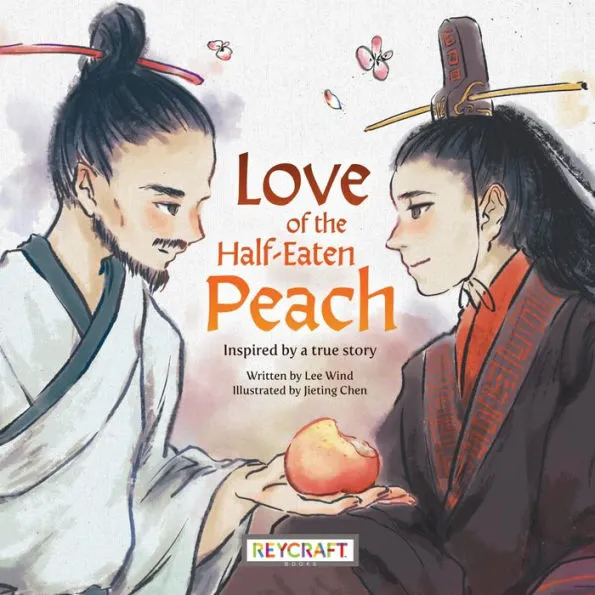
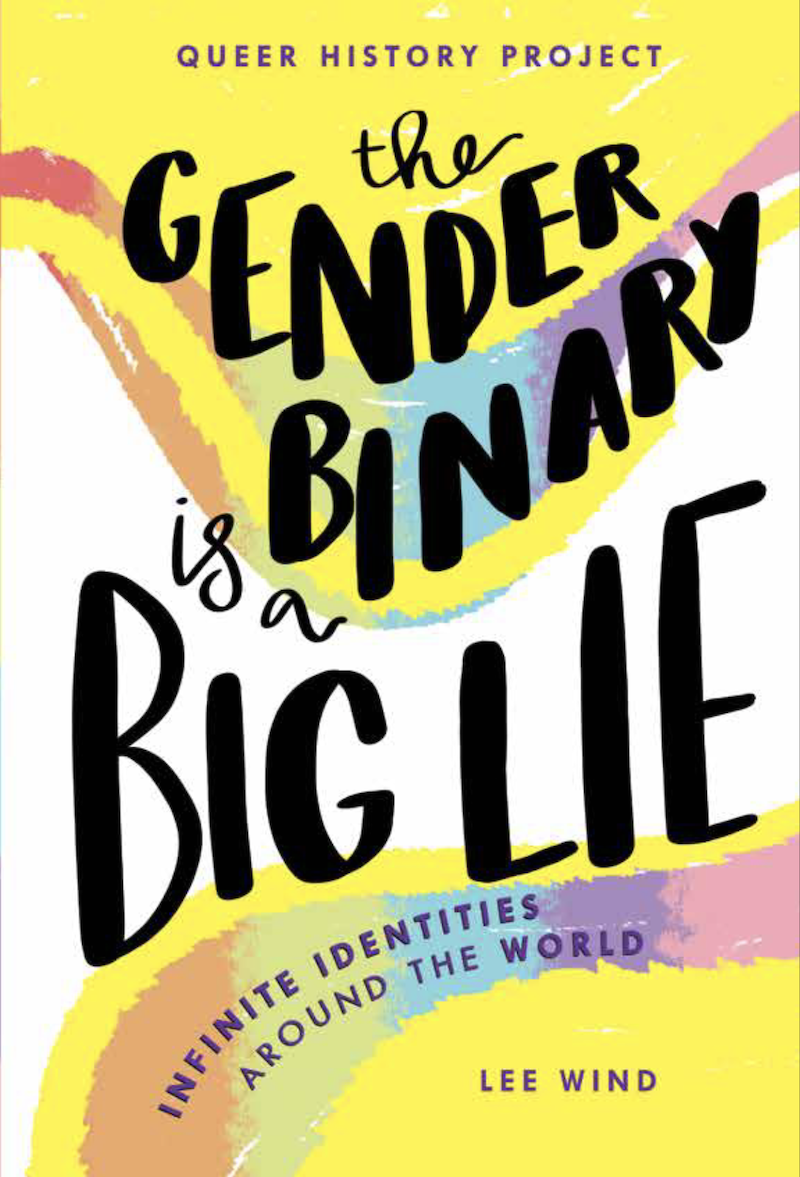
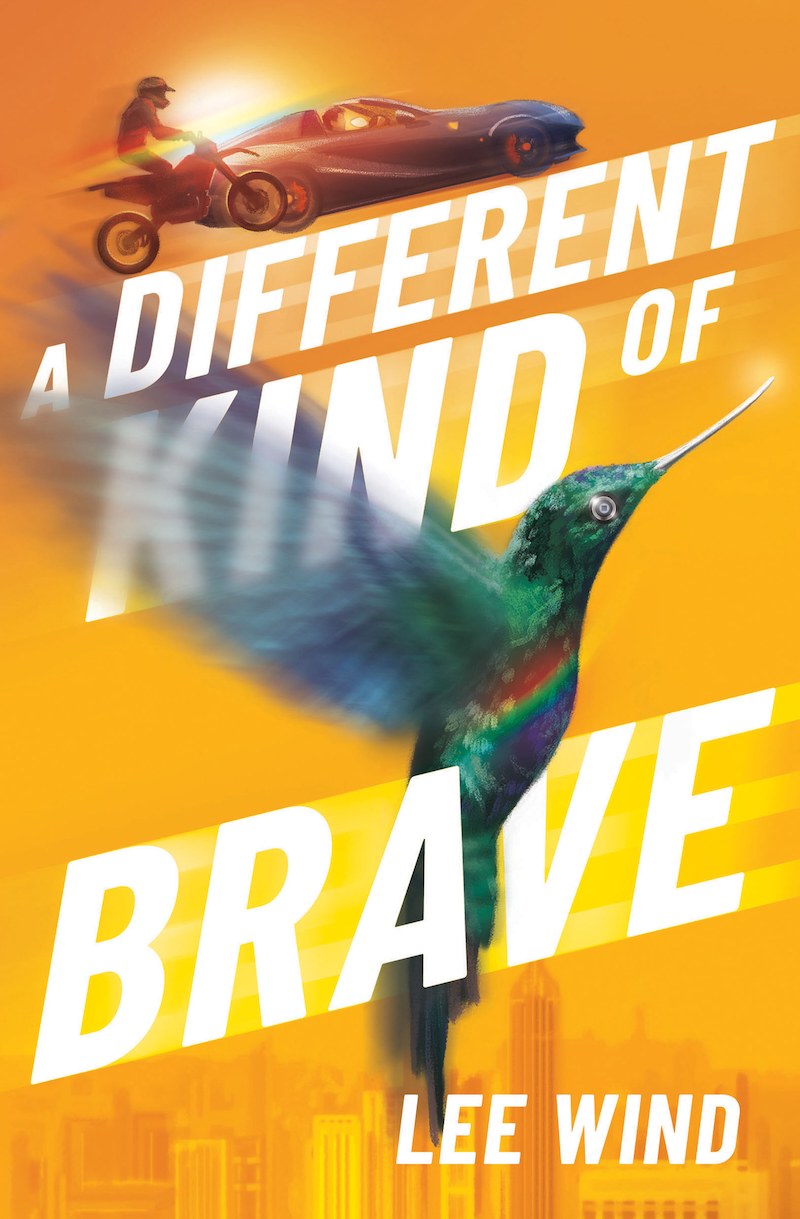
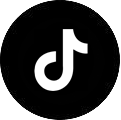

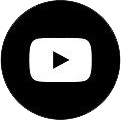


0 Comments